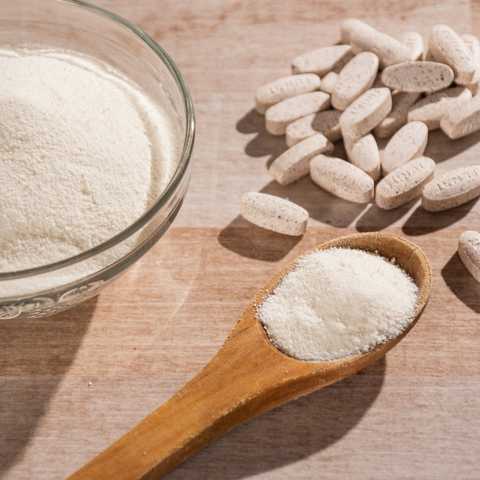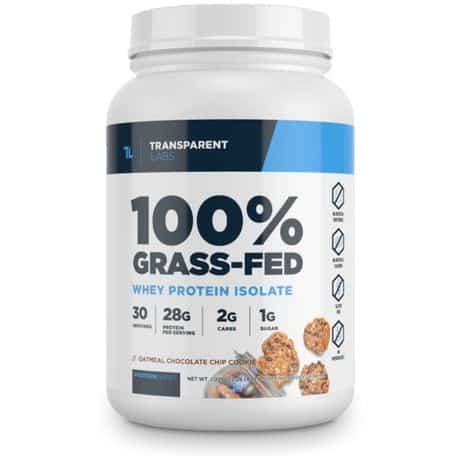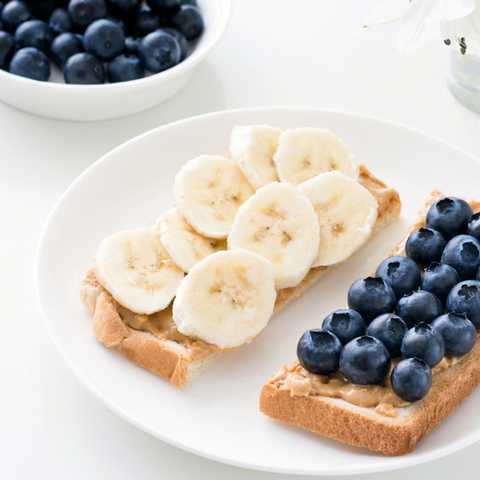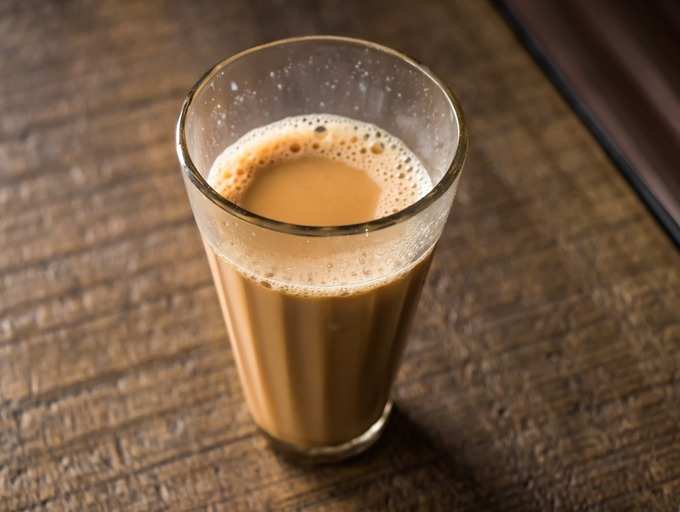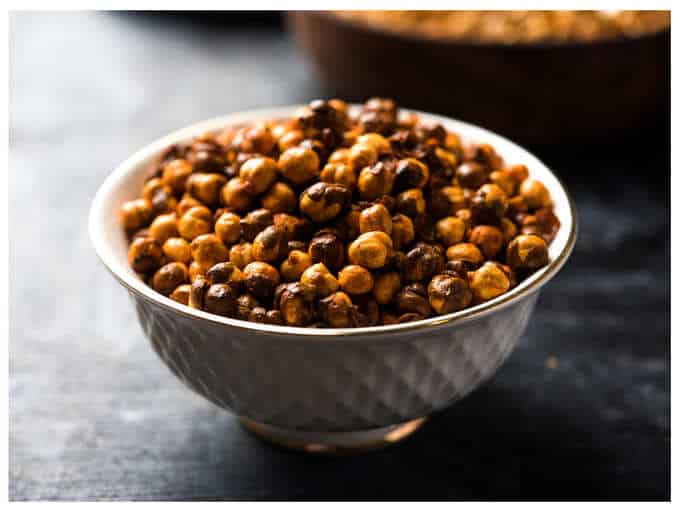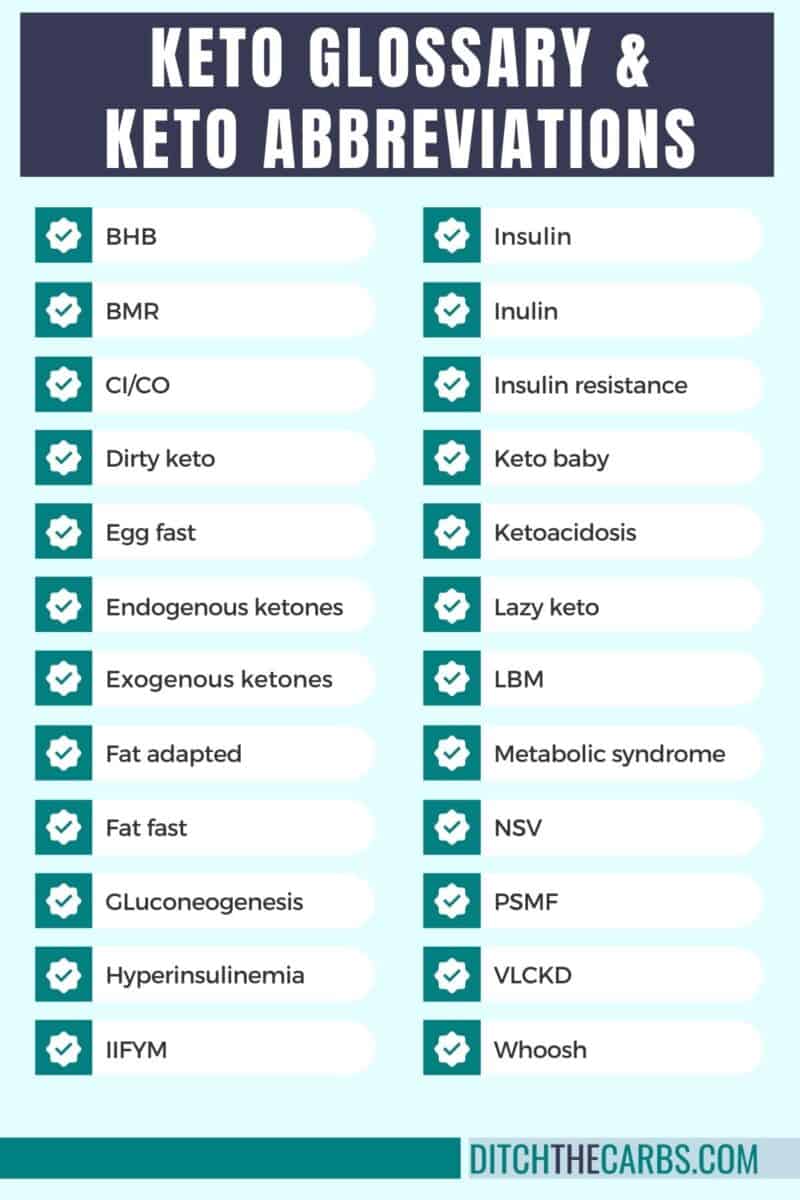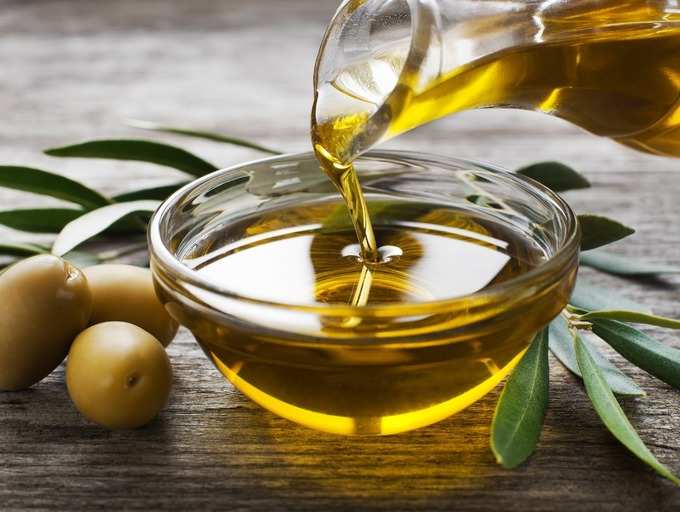Why are these products so popular? The answer is two-fold. First, unlike some supplements, everyone, not just gym goers, may find them to be helpful. And second, people tend to like quick fixes. After all, who wants to wait a year to get to their goal weight?
The problem is that most people don’t really understand what a fat burner is or how they work. This article is going to explain what a fat burner is, so you can make an informed decision prior to purchasing one.
This post will discuss:
- What are fat burners?
- Common fat burner ingredients
- Who should and shouldn’t use fat burners
- Are fat burners safe?
- Key fat burner takeaways

What Is A Fat Burner?
Let’s start by addressing this article’s main question: What is a fat burner supplement? As the name implies, a fat burner is a dietary supplement, usually in the form of a pill, designed to increase and support fat loss. Most fat burners work by increasing thermogenesis, increasing lipolysis, and stimulating the central nervous system.
Some fat burners include additional ingredients to help you lose weight, such as appetite suppressants. Regardless of the mechanism, they all have the same goal: to help you burn more fat.
Are There Different Types of Fat Burners?
Yes, there is a myriad of fat burners to choose from. Ranging from stimulant and non-stimulant fat burners to ones that have a thermogenic effect, here’s a look at a few different types.
Stimulant Fat Burners:
Stimulant fat burners work by stimulating your central nervous system to increase energy expenditure, reduce fatigue, and suppress appetite. As a result, you should theoretically move more, train harder and longer, and not eat as much.
In addition, it’s theorized that this speeds up your metabolism and requires energy to raise various physiological symptoms, such as your heartbeat. Combined, these different variables add up and can help produce a meaningful calorie deficit.
Non-Stimulant Fat Burners:
On the flip side, there are also non-stimulant fat burners. These are dietary supplements that use different ingredients, such as mushrooms, to provide fat-burning mechanisms without stimulating your central nervous system.
Thermogenic Fat Burners:
Thermogenesis, the physiological process of the body heating up its own internal body temperature, occurs naturally within our body as it’s required to regulate body temperature and keep you alive.
Certain foods, such as peppers and turmeric, are said to increase thermogenesis. When following a thermogenic diet in which these foods are eaten, research shows significant changes have been seen, including boosting your metabolism from 4 percent to 5 percent and increasing fat burning by 10 percent to 16 percent¹.
Thermogenic fat burners attempt to recreate this effect. In theory, you can take a thermogenic fat burner and then just chill as it goes to work increasing your body temperature.

The Role Of Lipolysis in Fat Burners
Lipolysis is the physiological process of breaking down your fat cells and using them for energy. It’s important to understand what lipolysis is and how it works as many fat burners will claim to improve it.
While lipolysis occurs naturally (all the time), certain ingredients can improve your body’s ability to break down fat for fuel. As a result, you’ll frequently find these ingredients in fat burners.
Caffeine is an example of an ingredient that does this and is common in fat burners. We’ll talk about ingredients more below, but research shows caffeine can improve lipolysis and the body’s ability to use fat as fuel².
In theory, if your body can break down body fat for fuel easier, you may be more satisfied and have fewer hunger pains as your body gets fuel from your fat stores. And if you’re less hungry throughout the day, you’re naturally going to eat less and consume fewer calories. Further, if your body breaks down fat cells easier, this can mitigate the loss of muscle mass during a diet.

What Are Common Ingredients in Fat Burners?
When examining “what is a good fat burner,” there is no specific formula a supplement has to follow. This means many fat burners use different mechanisms, active ingredients, and dosing.
Having said that, some ingredients are more popular than others. Let’s review those now so you know the role they play in fat burning supplements.
Caffeine:
One of the most popular supplements in the world, caffeine acts as a stimulant for the central nervous system, making it great for everything from waking up in the morning to tackling that tough workout split.
Taking caffeine can increase energy, thermogenesis, fat oxidation, and metabolism, in addition to suppressing your appetite.
With these effects, it’s understandable why caffeine is often at the top of many fat burner ingredient lists.
Conjugated Linoleic Acid:
Conjugate Linoleic Acid (CLA) is a type of octadecadienoic fatty acid primarily found in animal meat and dairy. Its benefits include increasing basal metabolic rate, promoting fat metabolism, especially in the belly, and potentially increasing lean body mass.
When you look at “what does a fat burner do” a lot of CLA’s benefits align with fat-burning supplement goals.
Lipoic Acid (ALA):
Also known as alpha-lipoic acid or lipoic acid, ALA is a naturally occurring fatty acid found in plant foods, such as spinach, broccoli, and potatoes, as well as animal organs.
Interestingly, a meta-analysis found that lipoic acid was beneficial in helping individuals with a high body mass control their weight³.
Green Tea Extract:
Green tea extract has become perhaps the most popular natural fat burner. Processed from the tea leaves, Camellia Sinensis, green tea extract offers a host of fat burner benefits, many of which come from the inclusion of natural caffeine and catechins.
Benefits include promoting weight loss, helping maintain a healthy body weight, and increasing thermogenesis and fat metabolism⁴.
While not related to fat loss per se, green tea has also been shown to improve heart and brain health and has properties to prevent cancer.
It’s a terrific dietary supplement to take whether you want to maintain your weight more easily or include it in combination with a calorie-restricted diet to help lose weight.
Yohimbine:
Yohimbe is another natural fat burner as it comes from the bark of an African tree called Pausinystalia Yohimbe. It is an alkaloid that blocks the body’s alpha-2 adrenergic receptors, which are located in fat cells.
There isn’t a ton of research on this supplement, and that which does exist has yielded mixed results.
L-Theanine:
L-theanine is an amino acid in black tea, green tea, and mushrooms. L-theanine is often paired with caffeine to increase focus and attention.
In addition, it is reported to increase mood, decrease anxiety, and improve sleep quality. And considering sleep is important for workout recovery and your health in general, weight-loss aside, those are some pretty significant benefits.
It is sometimes referred to as a non-stimulant stimulant as it produces many of the same effects without causing jitters.
Chitosan:
While not necessarily a fat burner, some diet pills and fat burners include an ingredient called chitosan. Chitosan is reported to reduce fat absorption, which causes your body to expel it.
Tread carefully with this ingredient as its actual benefits may not live up to the hype. A meta-analysis concluded that chitosan had minimal impact on weight loss5.
Other Ingredients For Burning Fat:
The list of other fat burning ingredients that may be used is extensive, and there are certainly many we didn’t cover above. We highly recommend researching any new or unfamiliar ingredients you come across before taking a supplement.
You can also check out our articles on the best fat burners for women, best fat burners for men, and best nighttime fat burners, as each includes information on additional popular fat-burning ingredients.
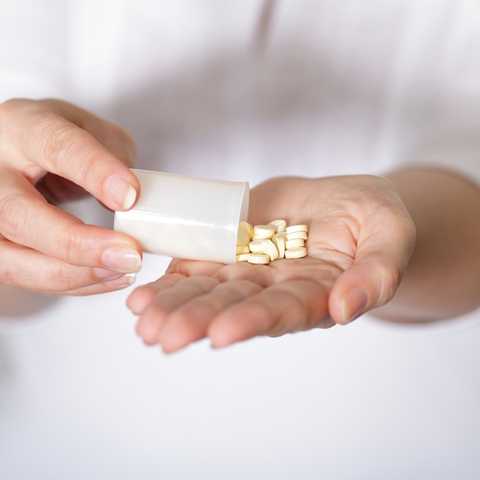
Who Should and Shouldn’t Use Fat Burners?
While technically anyone can use a fat burner supplement to improve body composition, many people approach fat burners with the wrong mentality. To start, a fat burner is not a magic pill that counteracts poor health choices.
To benefit from fat burners, you need to first have a good diet and exercise routine in place. This leads to the discussion of who should and shouldn’t use fat burners.
The people who should use fat burners are those who have shown they are committed to following a healthy diet and exercise program of some sort. This means you need to pick nutritious foods the majority of the time and have an active lifestyle that includes sufficient physical activity.
Those who don’t have good diet and exercise habits and haven’t already successfully lost some weight as a result of those two factors should not take fat burners. If you don’t have healthy habits in place, it means there is still plenty of weight loss work to be done that can be achieved without a supplement designed to burn fat.
It also means that any weight you do lose while taking fat burners will come back as soon as you stop taking them because you don’t have the necessary lifestyle habits in place for maintaining a healthy weight.
Fat burners should be a tool to optimize fat loss once the big work has been done. But they should not be your main, or only, tool for burning fat and losing weight as this will likely lead to weight gain down the road.
If you’re in need of some diet inspiration as a kick-start to developing some healthy habits, check out our articles on macros counting and the vegan diet!
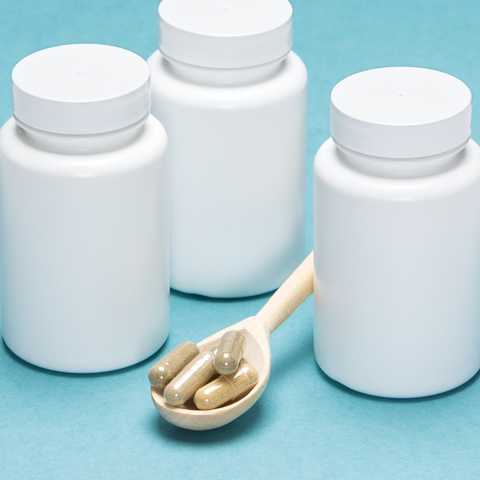
Are Fat Burners Safe?
As long as you have no pre-existing conditions and take the proper dose, using a fat burner dietary supplement is, for the most part, safe.
We say “most part” as some supplement companies have gotten in trouble for using illegal ingredients in fat burners to promise weight loss. For example, a fat burner called Extreme Fat Burner was caught putting sildenafil, the active ingredient in Viagra, in their product6.
Another fat burner supplement by the name of Secret Fat Burner was caught using the illegal ingredient sibutramine, a drug that can curb appetite significantly but has been linked to several heart conditions7.
This is why we recommend always purchasing from well-known brands. If you’re going to choose a smaller, lesser-known brand, it’s important to first spend time researching it and the ingredients they use.
If you are sensitive to caffeine, pay attention to the dosing, particularly since caffeine doses are rising significantly in fat burners to further promote weight loss. While the doses are, generally speaking, still safe, it can be too much caffeine intake for some people, so examine the dosing well prior to taking. It’s a good idea to start with half a dose to assess your tolerance.
People with heart or blood pressure issues should always consult with a doctor first. And no one should ever exceed the recommended dosing when using fat burner supplements.
For more information on this, check out our article that discusses in detail whether fat burners are safe to take.
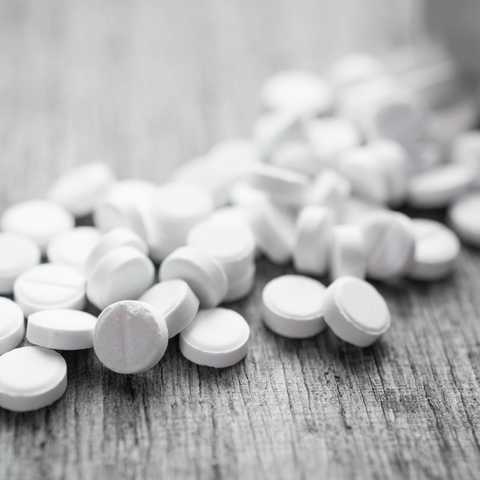
Fat Burner Supplements: Key Takeaways
We’ve covered what a fat burner is and the common ingredients that comprise them, in addition to the different types of fat burners, including everything from stimulant and non-stimulant, nighttime fat burners, single-ingredient, and multi-ingredient, as well as fat burners for men and fat burning supplements for women.
There is certainly no shortage of options. In fact, due to the massive increase in sports research, there is now a plethora of fat burners on the market designed to meet just about any need.
And now that you know what they are, you can feel more confident in making a decision on whether fat-burner supplements are the right choice for you.
Considering taking a fat burning pill? Be sure to first check out our article on whether fat burners work.

- Hursel R, Westerterp-Plantenga MS. Thermogenic ingredients and body weight regulation. International Journal of Obesity. 2010;34(4):659-669. doi:10.1038/ijo.2009.299
- Harpaz E, Tamir S, Weinstein A, Weinstein Y. The effect of caffeine on energy balance. Journal of Basic and Clinical Physiology and Pharmacology. 2017;28(1):1-10. doi:10.1515/jbcpp-2016-0090
- Kucukgoncu, S., et al. “Alpha-Lipoic Acid (ALA) as a Supplementation for Weight Loss: Results from a Meta-Analysis of Randomized Controlled Trials.” Obesity Reviews, vol. 18, no. 5, 13 Mar. 2017, pp. 594–601, 10.1111/obr.12528.
- Chen, I. J., Liu, C. Y., Chiu, J. P., & Hsu, C. H. (2016). Therapeutic effect of high-dose green tea extract on weight reduction: A randomized, double-blind, placebo-controlled clinical trial. Clinical nutrition (Edinburgh, Scotland), 35(3), 592–599. https://doi.org/10.1016/j.clnu.2015.05.003
- Mhurchu, C. Ni, et al. “Effect of Chitosan on Weight Loss in Overweight and Obese Individuals: A Systematic Review of Randomized Controlled Trials.” Obesity Reviews, vol. 6, no. 1, Feb. 2005, pp. 35–42, 10.1111/j.1467-789x.2005.00158.x. Accessed 29 Nov. 2019.
- Research C for DE and. Public Notification: Xtreme Fat Burner Capsules contain hidden drug ingredients. FDA. Published online July 10, 2019. Accessed January 5, 2023. https://www.fda.gov/drugs/medication-health-fraud/public-notification-xtreme-fat-burner-capsules-contain-hidden-drug-ingredients
- Deadly Secret Fat Burner product: lose weight & maybe your life. TimesLIVE. Accessed January 5, 2023. https://www.timeslive.co.za/sunday-times/lifestyle/health-and-sex/2018-03-15-deadly-secret-fat-burner-product-lose-weight-and-your-life/


